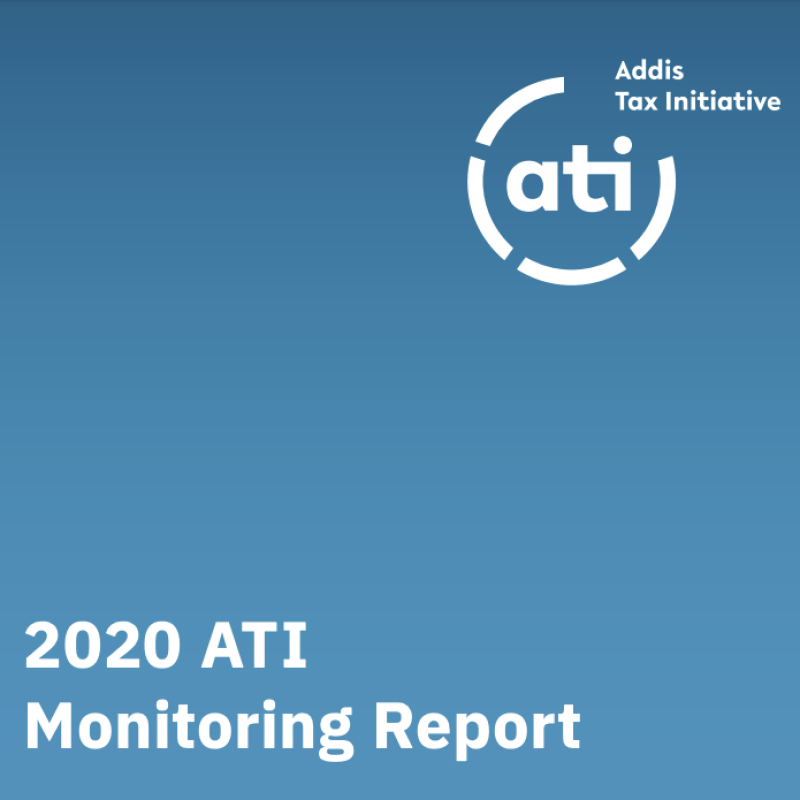How countries are governed has a major influence on their progress towards poverty reduction and development. More stable, effective and accountable governance is both an objective in its own right and a means of achieving broader development goals, including in areas such as economic development, health, education and climate change.
Governance programming is designed to improve the quality of institutions and governance processes in developing countries. In 2016, DFID spent £537 million on bilateral governance programming to help strengthen areas such as budgeting and public expenditure management, the electoral process, media, courts, police, local government and civil society. It aims to make governments more responsive and accountable, build organisational capacity to promote development, and to strengthen processes for the peaceful resolution of disputes.
- DFID’s approach to its governance work is relevant, with clear evidence that it is tailoring the initial design of its programming to country contexts.
- It is less clear how DFID governance programmes are intended to work together to achieve more transformational impact.
- DFID’s individual governance programmes in Nepal and Uganda have mostly achieved their intended objectives.
- However, it is difficult to judge the portfolio–level performance in the two countries because of deficits in monitoring and evaluation, and a lack of country-level strategic objectives.
- Sustained engagement with particular thematic areas or institutions over multiple programme cycles has produced strong results and is in line with current thinking on good practice.
- However, DFID’s programme management practices do not necessarily demonstrate sustained engagement and flexible and adaptive ways of working.
- DFID governance advisers provide advice and support on the governance aspects of programming in other sectors, but could provide more ongoing support on managing complex institutional change.
- DFID needs to focus more on capturing learning during programme delivery, to support effective adaptive management.



